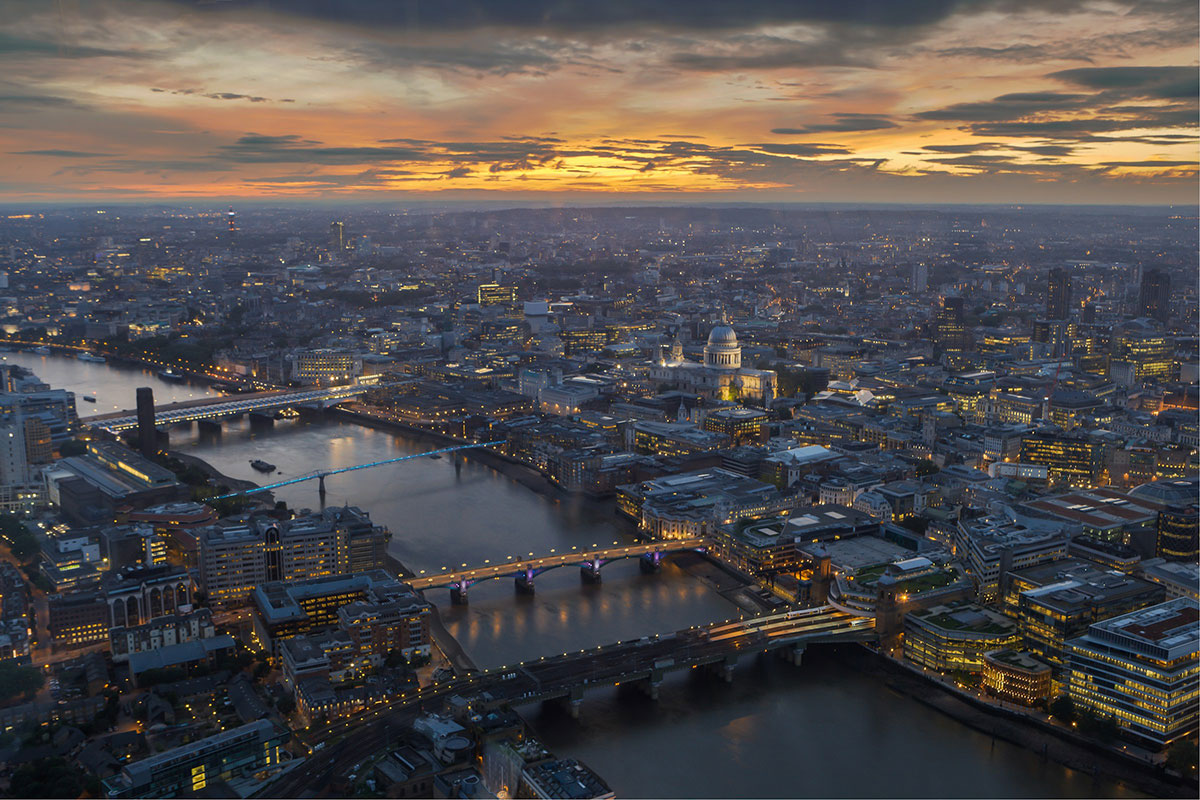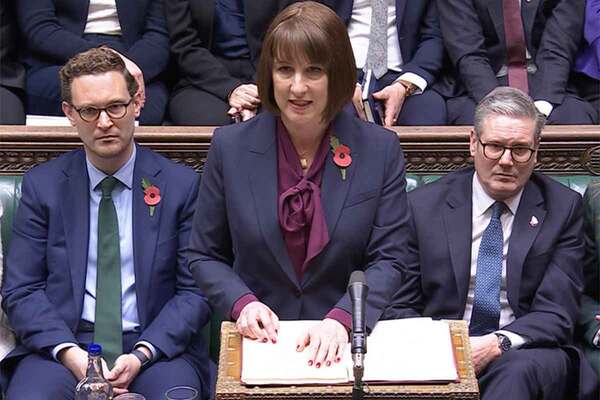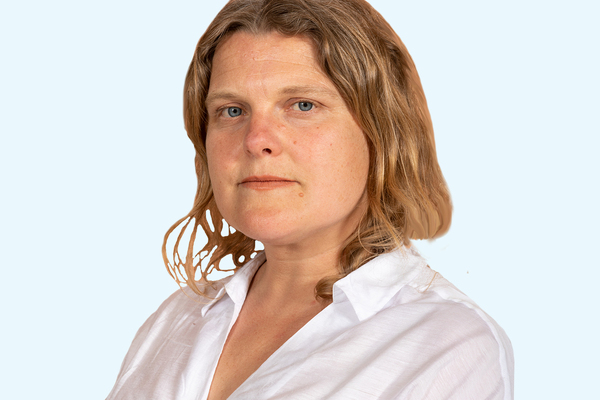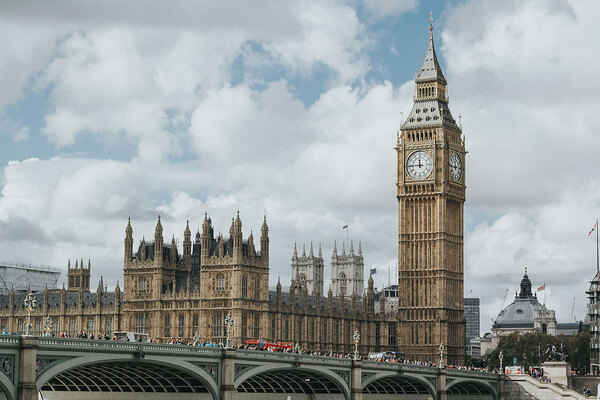People sleeping rough for first time up 12% in London
The number of people sleeping rough in London for the first time increased by 12% in the latest quarter, new data from City Hall has shown.
The statistics, by the Combined Homelessness and Information Network (CHAIN) and covering July to September 2024, show that 2,343 people were sleeping rough for the first time, compared to 2,086 in the same period last year.
In total, 4,780 people were recorded as sleeping rough, an increase of 18% on the same period last year, and 681 people were deemed to be living on the streets, 42% higher than the same figure this time last year.
A total 1,832 people were intermittently sleeping rough, 17% higher than the same period last year.
Of the 3,582 rough sleepers that were assessed, 1,872 – or 52.3% – had a mental health support need.
Emma Haddad, chief executive of St Mungo’s, said the figures were “heartbreaking”.
She said: “Almost 5,000 people sleeping on the streets of London in just three months is a number that should incense us all.
“With a massive increase in the number of people sleeping rough for the first time, alongside a massive increase in the number of people actually living on the streets, we need to treat this as an emergency.”
She said that the homelessness charity’s outreach teams are “on the frontline of this crisis right now”.
“They supported 9,000 people rough sleeping in the UK last year. They are also responding to increased levels of need, with mental health needs particularly pronounced,” Ms Haddad said.
The government announced £233m for tackling homelessness and rough sleeping in the Autumn Budget yesterday.
Ms Haddad said the funding is “welcome news” and “will help us respond to the thousands of people who are sleeping rough”.
“However, we know that funding must be sustainable, long-term and part of a much broader solution that prevents people becoming homeless in the first place.
“Only then will we – national, local and civil society partners – be able to say confidently that everyone has somewhere safe and warm to live,” she said.
John Glenton, executive director of care and support at Riverside, said: “As we head towards the cold winter months it’s extremely worrying to see the number of people sleeping rough on the streets of our capital reach an all-time high.
“We’re heartened by mayor Sadiq Khan’s pledge to end rough sleeping in the capital by 2030. The time for action to start delivering on this pledge is now.”
Mr Glenton said there is “much to learn” from the first Tony Blair administration, which cut the number of people sleeping rough nationally by two-thirds in three years.
“To achieve a rapid reduction in rough sleeping, additional money was invested in providing extra bed spaces and hostels.
“There has now been no significant investment in hostels in England since 2011 and nationally, the number of bed spaces in England has fallen by almost a quarter (24%) between 2010 and 2022,” he said.
Mr Glenton said increased investment in supported housing “would provide more spaces to help get more people out of temporary accommodation into a dedicated space where they can receive the support they need”.
He added: “We urgently need ministers across government departments to work with the mayor to adopt an invest-to-save mentality and work together to solve this growing humanitarian crisis in the capital.
“The investments needed include recruiting more outreach workers, providing more supported accommodation for people affected by rough sleeping, and national and local targets to build more social housing so there are more affordable housing options available to people when they are ready to live independently.”
A spokesperson for the mayor of London said: “No one should have to sleep rough on our streets and it’s shameful that numbers are rising across the country and in London.
“The mayor is doing everything in his power to help as many Londoners off the streets and into more secure accommodation, which is why he’s delivered record funding to homelessness charities in the capital and quadrupled City Hall’s rough sleeping budget since 2016, supporting over 17,600 people off the streets to-date.
“However, the scale of the challenge and the legacy of years of underinvestment from the previous government in housing and support means things will get worse this winter before they get better.”
They said Mr Khan “remains committed to ending rough sleeping in the capital by 2030”.
“This week, he announced £4.8m funding to expand existing rough sleeping services in the capital and convened an emergency summit at City Hall with the minister for homelessness and rough Sleeping, boroughs, and leaders from London’s homelessness sector to establish a plan to achieve this – helping to build a better, fairer London for everyone,” the spokesperson said.
The government published national homelessness statistics on Wednesday, which showed that initial assessments were made for 358,370 households in England in 2023-24, up 10.4% from the previous year.
Of those, 178,560 households were assessed as homeless and therefore owed a relief duty, up 12.3% from 2022-23.
A Ministry for Housing, Communities and Local Government spokesperson said: “This government has inherited devastating levels of rough sleeping, and we are taking action to get back on track to end homelessness for good.
“As announced in the Budget, we are providing an additional £233m of funding to help prevent rough sleeping and future rises of families in temporary accommodation. This takes total spending on reducing homelessness to nearly £1bn 2025-26.”
Sign up for our homelessness bulletin
Already have an account? Click here to manage your newsletters












